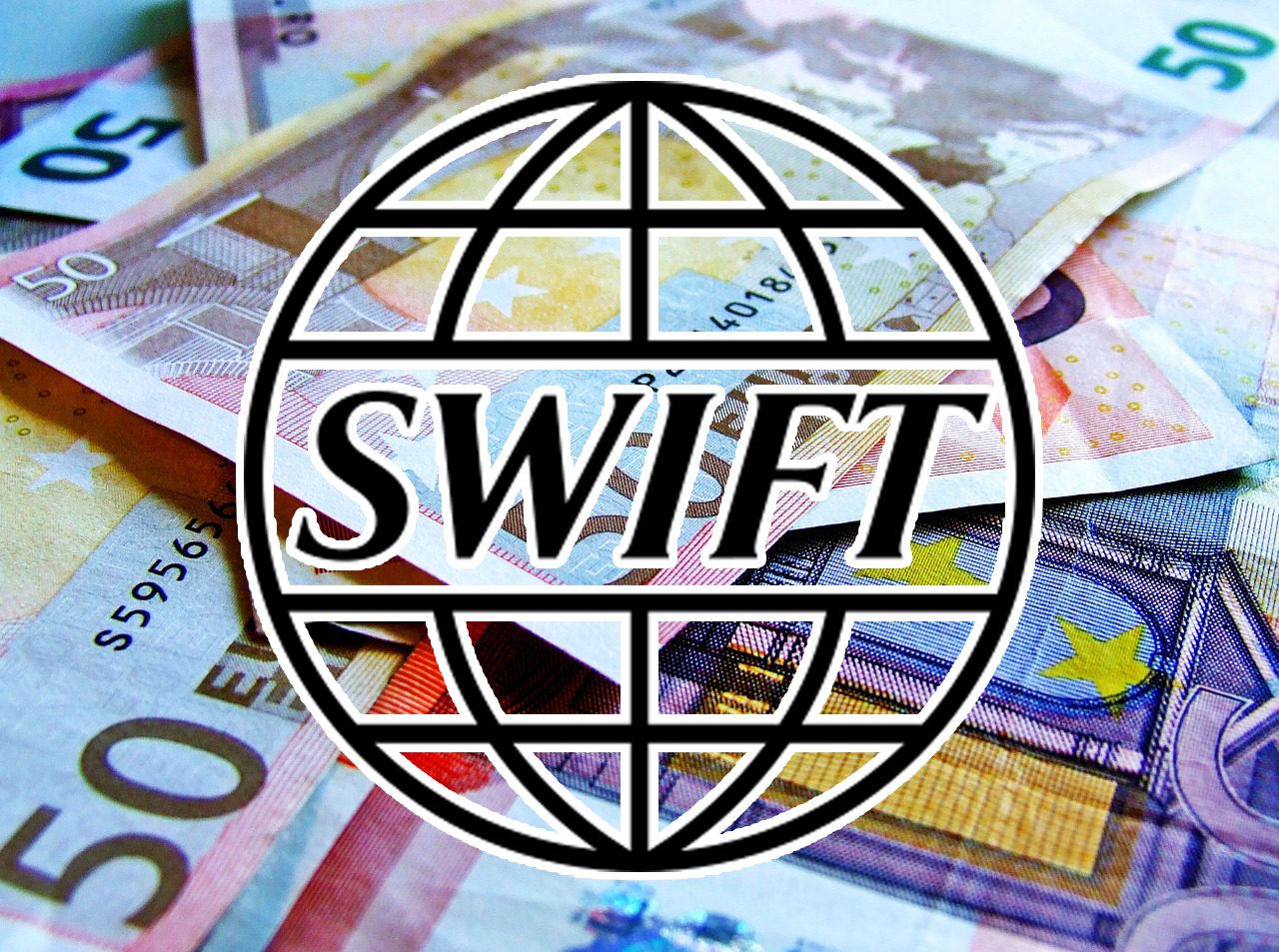 EMERGING TECH
EMERGING TECH
 EMERGING TECH
EMERGING TECH
 EMERGING TECH
EMERGING TECH
The Society for Worldwide Interbank Financial Telecommunication, the international payments settlement network, announced Thursday that it has added 22 more banks onto its proof-of-concept project harnessing distributed-ledger blockchain technology for cross-border account reconciliation.
The project is part of the SWIFT Global payments innovation initiative. SiliconANGLE reported on the plans for GPI in 2015 and it was launched earlier this year with six founding banks.
The staggering number of banks that have joined SWIFT’s project include ABN AMRO Bank, ABSA Bank, Banco Bilbao Vizcaya Argentaria, China Construction Bank, China Minsheng Banking, Commerzbank, Deutsche Bank, Erste Group Bank, FirstRand Bank, Intesa Sanpaolo, JPMorgan Chase Bank, Lloyds Bank, Mashreq bank, Nedbank, RaboBank, Santander, Société Générale, Standard Bank of South Africa, Standard Chartered Bank, Sumitomo Mitsui Banking Corp., UniCredit and Westpac Banking Corp.
Powered by IBM Corp.’s Hyperledger Project, an ecosystem of blockchains and cryptographic ledger tools hosted by the Linux Foundation, the GPI blockchain will be put to task by these 22 new banks. Their role will be to test the application and evaluate performance.
SWIFT seeks to use blockchain technology to speed up extremely large cross-border transactions executed by banks to reconcile foreign exchange and trade accounts called “nostro accounts” (from the Latin word for “ours”).
With blockchain technology international transactions can be done a day or less, much faster than legacy systems – such as the traditional network also run by SWIFT – which can take from three days up to a week to complete. This promise has led multiple financial technology firms to experiment with blockchain technology for these types of payments, including startups such as Align Commerce and Wyre Inc. and the R3 CEV LLC bank blockchain consortium.
Wim Raymaekers, head of banking markets and SWIFT gpi at SWIFT, commented that the additional banks will help his team streamline cross-border payments.
“It allows us to explore how this maturing technology can provide a collaborative solution to what our gpi member banks have identified as a significant pain point – nostro accounts reconciliation,” Raymaekers said.
With the use of IBM’s Hyperledger Fabric technology, the new blockchain platform is designed to ensure that information related to nostro accounts remains private and can only be seen by the account owner and the corresponding banking partner. Using a private permissioned blockchain and encryption in a closed-environment the system, SWIFT expects the platform can establish strong data controls using specific user profiles to provide strict governance.
Since the launch of SWIFT gpi in February, twelve banks have sent several hundreds of thousands of cross-border payments across the globe. More than 30 banks have also participated in their own implementation project for live operations.
In total, nearly 100 banks have signed up to SWIFT gpi, representing over 75 percent of all cross-border payments on SWIFT.
THANK YOU